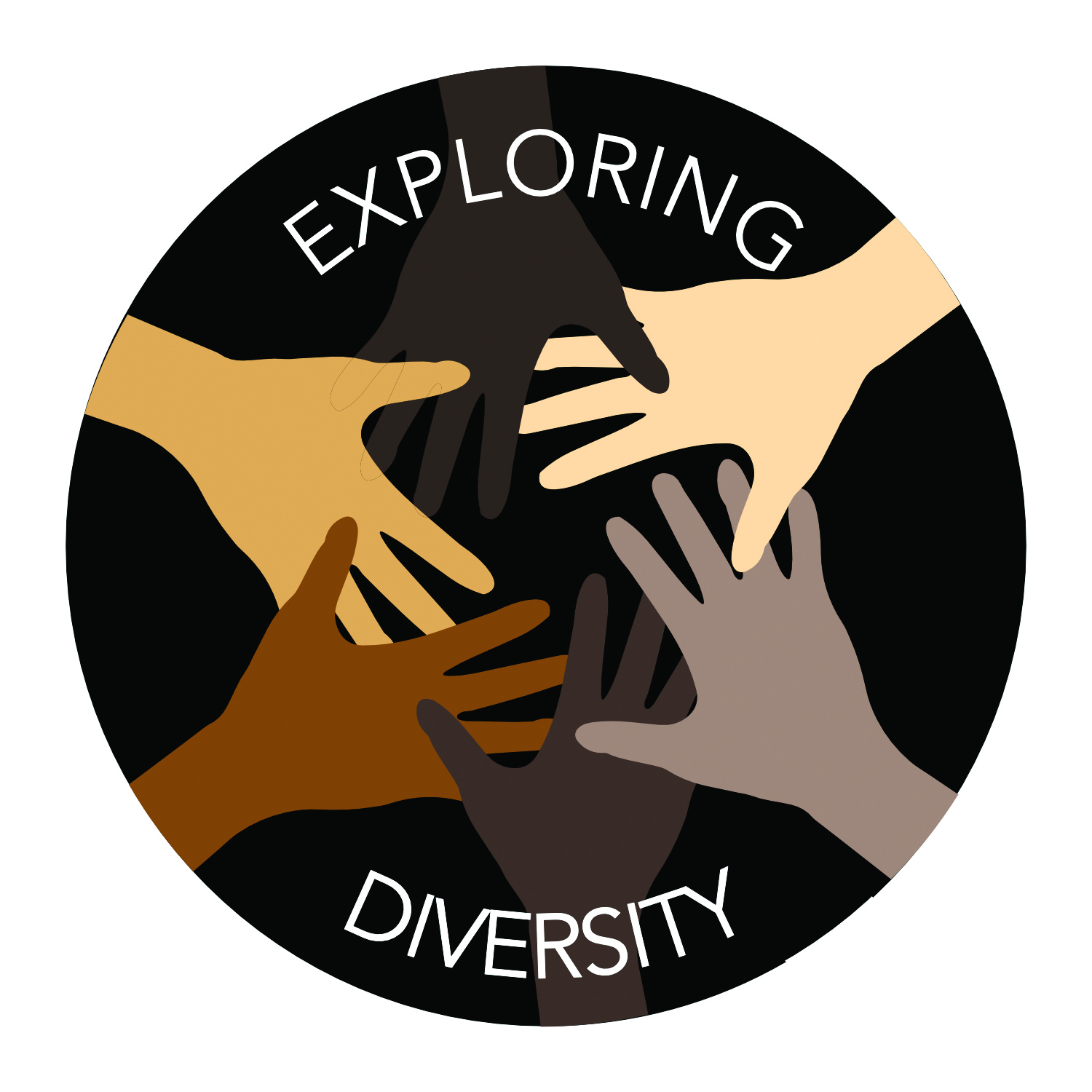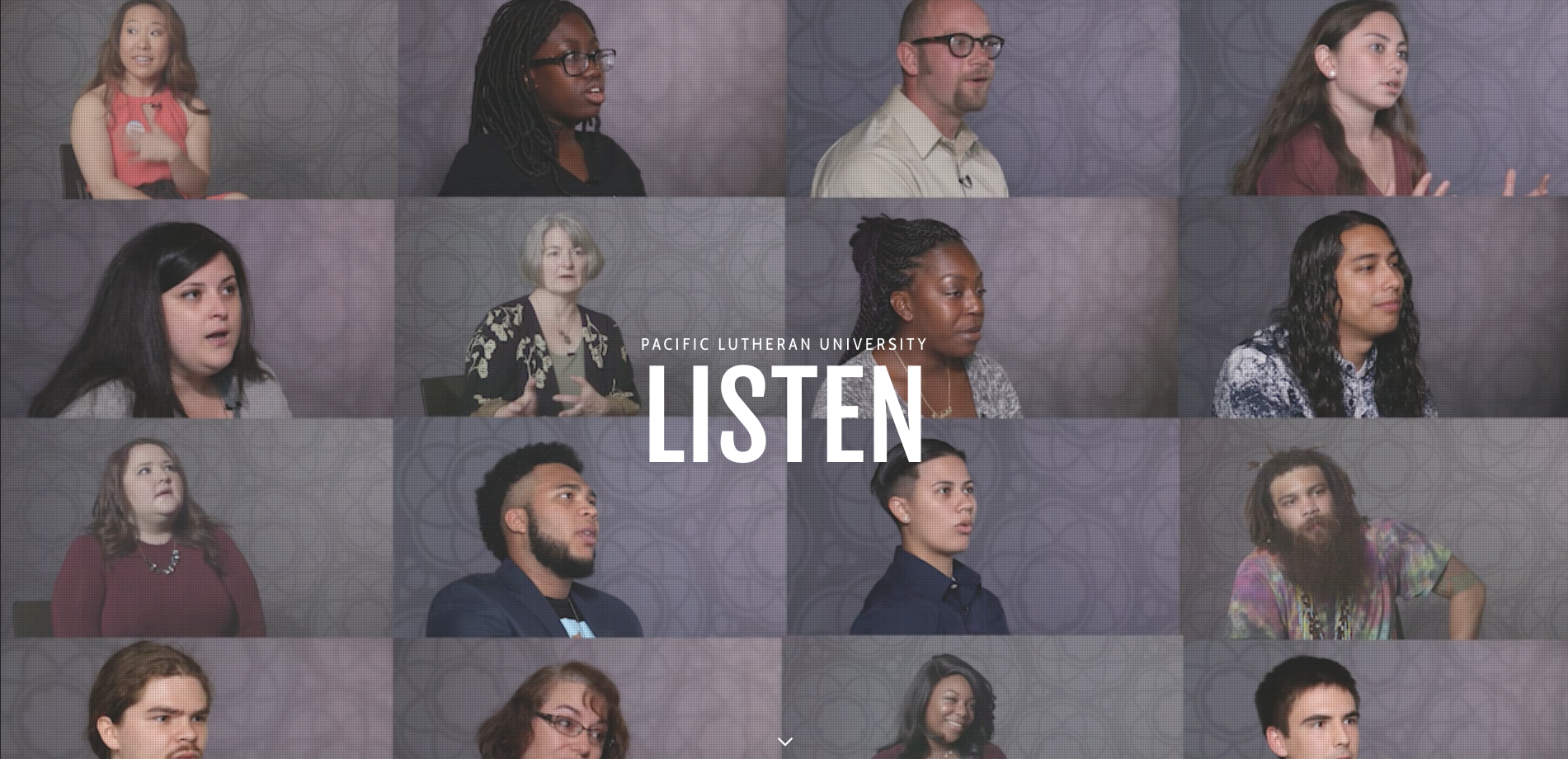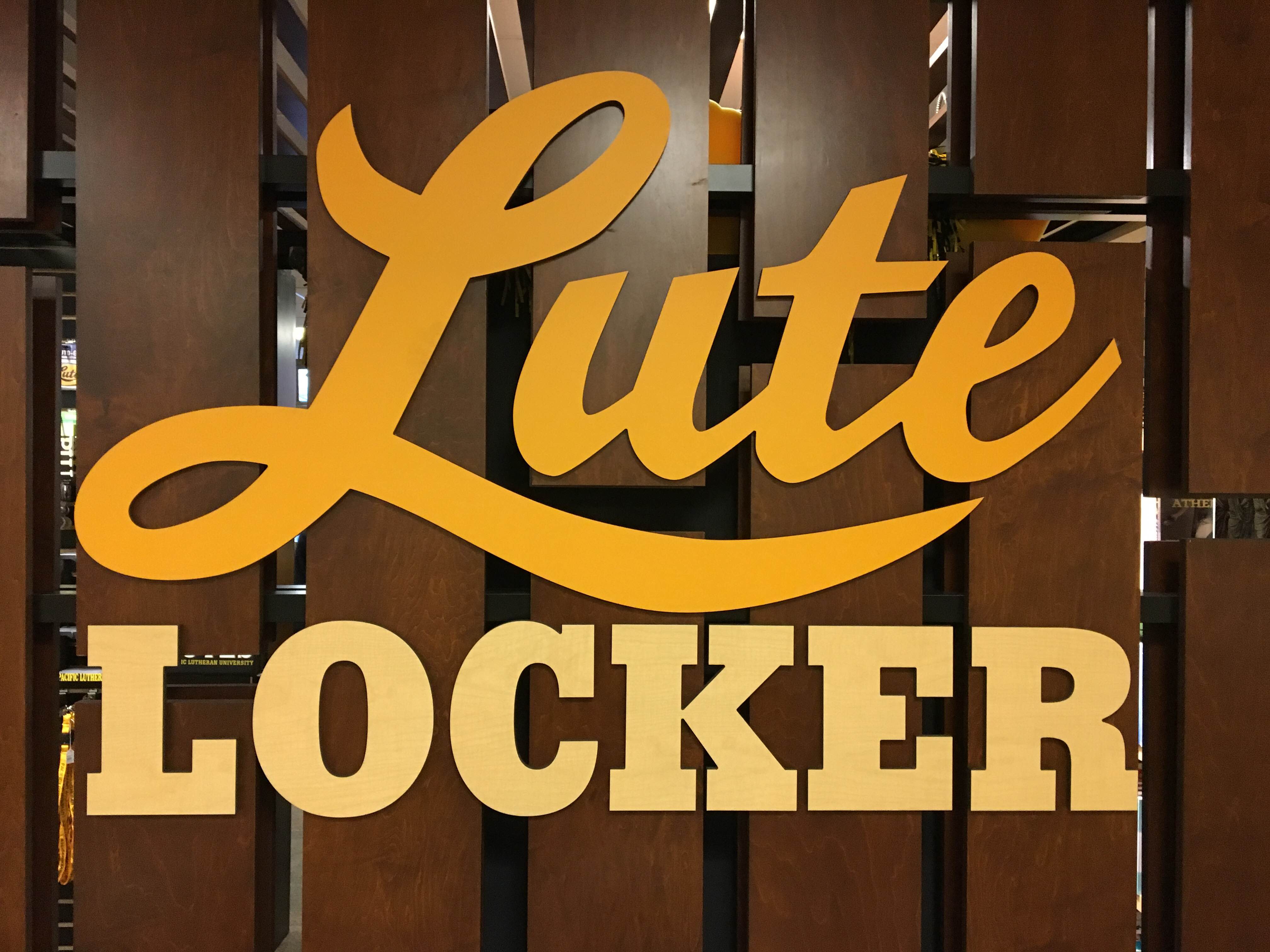RHIANNON BERG; News Editor; bergau@plu.edu
This is the first article in the new Mast Media series “Exploring Diversity.” It aims to contribute to and report on campus conversations about diversity.
A new Pacific Lutheran University marketing campaign is asking PLU community members to embrace diversity, actively promote social change and help students from all backgrounds feel like they belong.
The Listen campaign began earlier this month with a video series of 16 students, faculty, staff and alumni’s personal stories of pain, triumph, responsibility and action. In the videos, PLU community members discuss how to help people from all backgrounds feel welcome at PLU and engage in critical conversations about “oppressive structures, policies and cultural norms that impede positive learning outcomes,” according to the Listen website.
“Rather than waiting until students are so frustrated that they feel the need to protest or do a sit-in, we want to engage in dialogue,” said Donna Gibbs, the vice president of PLU Marketing and Communications. “We want students to be thinking about these issues.”
The Listen Campaign began after a group of PLU students started The Collective. This “group of students of marginalized identities” aims to be “advocates for the importance of all voices, identities and people that exist together in collective space,” according to their “Anti-Discriminatory Priorities” document.
Jonathan Adams, a 2016 alum, was referenced in several Mast interviews as being a driving force of the Listen project, coordinating participant interviews and working closely with Marketing and Communications. Adams has not yet returned Mast requests for interview.
Shiori Oki, a senior who was featured in the video project, said the campaign has heightened her awareness of how she interacts with other people and sho wn her everyone has a “different type of story.”
wn her everyone has a “different type of story.”
The Listen campaign seeks to help communities create “more just and inclusive communities” by highlighting the environments and conditions that impact marginalized populations such as people of color, students who are the first in their families to attend college and members of the queer community, according to its website.
“What I struggled to see sometimes is the larger, collective sense of ‘how are we addressing the student population as a whole with a sense of belonging?’” Oki said on Monday during an interview with The Mast. “There is a difference from my [first] year here to now, my senior year. I think there is this active engagement by administration, by faculty and students to think about a sense of belonging.”
During this year’s fall faculty conference, one of the few times throughout the year when all of PLU’s faculty members gather for workshops and presentations, President Krise and the new provost, Rae Linda Brown, highlighted the importance of further diversifying PLU’s faculty.
“We can do all we can to attract a diverse student body,” Gibbs said. “But if [students] don’t find faculty members that care about them, both inside and outside of the classroom, and share similar life experiences with, we will have failed.”
Joel Zystra, the director of the Center for Community Engagement and Service, said people need to have “hard and honest conversations” about how PLU can make all students and the Parkland community feel like they belong and are welcome on campus. “It’s not people of color’s issue. It’s not the LGBTQ community’s issue. It’s all of our collective issue.”
“There’s a lot of material that was taken out of the actual videos,” Oki said. What was included is “really insightful and they’re a great start to a conversation, but there’s so much more behind those conversations that happened that I think I would like to see [it] grow and develop outside just those four videos and 16 participants.”
The Listen video project was inspired by The Seattle Times’ video series “Under Our Skin.” The videos premiered earlier this summer and aimed to “challenge assumptions and build common ground” through local community members’ personal stories and experiences with keywords such as person of color, color blindness, ally, safe spaces, diversity and white fragility, according to its website.



























